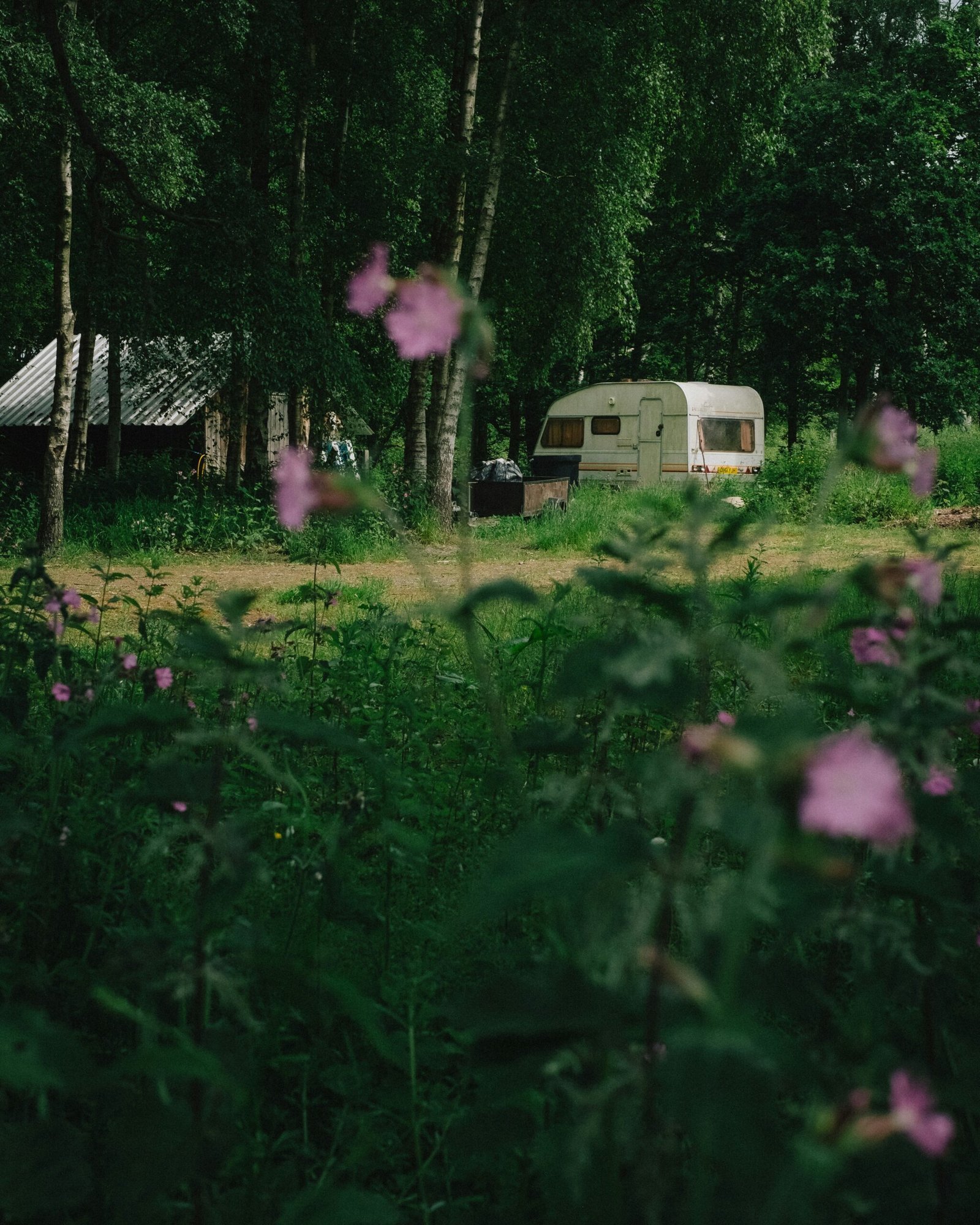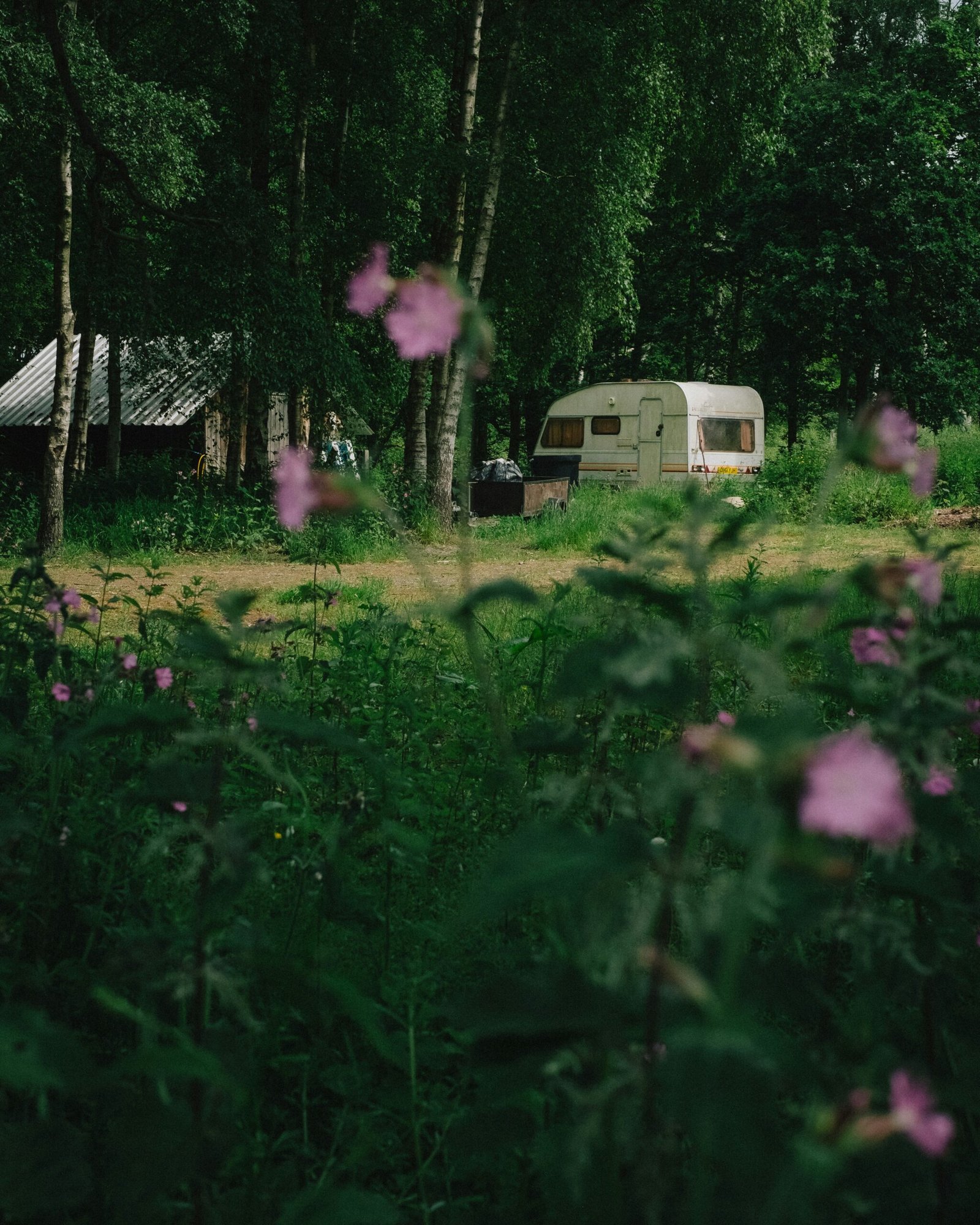
Understanding Off-Grid Living
Off-grid living refers to a lifestyle that is independent of public utilities and conventional energy sources. This self-sufficient approach involves generating one’s own power, sourcing water, and growing food, all while reducing reliance on external systems. The growing trend towards off-grid living is often motivated by a desire for autonomy, sustainability, and a connection to nature.
The concept of off-grid living is not new; it has deep historical roots that date back to times when communities relied predominantly on natural resources. Early agricultural societies exemplified this lifestyle, harnessing sunlight, wind, and human effort to sustain themselves. Over time, however, advancements in technology led to increased dependence on centralized grid systems, drastically changing how humans interacted with their environment.
In contemporary society, off-grid living has gained renewed attention due to various factors, including economic uncertainty, environmental concerns, and a growing interest in minimalism. Individuals and families are increasingly turning to this alternative lifestyle as a way to limit their carbon footprint and foster resilience in the face of global challenges. By adopting renewable energy systems such as solar panels, wind turbines, and bioenergy, off-grid dwellers can significantly reduce their environmental impact and contribute to a more sustainable way of living.
Further, the benefits of embracing off-grid living extend beyond environmental considerations. This lifestyle often promotes self-reliance, encouraging individuals to cultivate skills in areas such as gardening, carpentry, and hiking, thereby fostering a sense of community and personal fulfillment. As urbanization continues to escalate, the allure of a simpler, more sustainable life is likely to attract more individuals seeking a departure from the fast-paced, consumer-driven society.
Essential Skills for Off-Grid Living
Embarking on an off-grid lifestyle requires a diverse skill set to ensure self-sufficiency and resilience. One of the foundational skills for those living off-grid is food preservation. Techniques such as canning, drying, and fermentation are vital for extending the shelf life of harvested produce. Canning allows for the storage of fruits and vegetables in sealed jars, maintaining their nutritional value and preventing spoilage. Drying removes moisture, making it easier to store foods without refrigeration. Fermentation not only preserves food but also enhances its nutritional profile and adds distinct flavors to one’s diet.
In addition to food preservation, gardening is another essential skill for sustainable living. Cultivating a vegetable garden can provide a reliable and fresh food source, drastically reducing dependency on external suppliers. Understanding how to plant, maintain, and harvest various crops is crucial, as well as knowledge of companion planting and organic practices to deter pests without chemicals.
Basic carpentry and plumbing skills are also important for off-grid dwellers. Knowing how to build and repair structures ensures that one can maintain living spaces effectively. Additionally, plumbing knowledge can help manage water systems, which is especially important for remote areas where access to clean water is limited. Installing a rainwater collection system or maintaining pumps for well water requires a foundational understanding of plumbing.
Alternative energy solutions play a pivotal role in off-grid living. Familiarity with solar, wind, and micro-hydro systems enables individuals to harness and generate their own power. Learning how to set up solar panels or wind turbines can significantly enhance energy independence. It is essential to keep learning and adapting to new techniques, as this continued education ensures resilience in a constantly evolving environment.
Choosing the Right Location and Setup
When embarking on the journey of off-grid living, one of the most crucial decisions is the selection of the location and the setup of your sustainable home. The ideal site will depend on a variety of factors, including climate, land accessibility, resource availability, and legal considerations. Understanding these aspects will significantly enhance your off-grid experience.
The climate in which you choose to establish your off-grid home plays a vital role in your comfort and the feasibility of sustainable practices. For instance, warmer climates may reduce heating demands, while regions with abundant rainfall can provide natural resources, such as water, but might also necessitate thorough drainage planning. Assessing the accessibility of land is equally essential. Ensure the property is reachable year-round, taking into account the conditions of roads or paths leading to it. A well-chosen location allows for independence and ease of movement, which are crucial for off-grid living.
Availability of resources should be top of mind. Assessing whether the land has access to water sources, wood for heating, and building materials is fundamental in determining both short-term and long-term sustainability. Additionally, adhere to local zoning laws and regulations which may dictate what is permissible on your property. Understanding these legal aspects can save you from facing penalties or disruptions in your off-grid lifestyle.
Various types of setups can accommodate off-grid living, including tiny homes, yurts, or earthships, each with distinct advantages and disadvantages. Tiny homes often provide efficient space utilization and mobility, while yurts offer quick assembly and a unique aesthetic. Conversely, earthships enable thermal advantage and sustainable practices but require more significant upfront investment in terms of materials and labor.
Finally, integrating waste management and sanitation solutions is crucial in an off-grid context. Plan for responsible waste disposal, utilizing composting toilets and greywater systems, to promote environmental health and self-sufficiency. Thoughtful planning in these areas will not only enhance your living experience but also ensure a harmonious relationship with nature.
Building a Community and Staying Connected
Off-grid living presents unique challenges and rewards, making community and social connections essential for those undertaking this lifestyle. Establishing solid relationships with local neighbors and peer groups not only enhances the experience but also provides support in times of need. Engaging with other off-grid dwellers allows for the sharing of resources, expertise, and life skills, fostering a sense of camaraderie that can help alleviate the isolation often associated with this way of life.
One effective approach to building a community involves participating in local events, such as farmers’ markets, workshops, or communal gatherings. These venues serve as excellent platforms for networking and forming bonds based on shared values and interests. By actively seeking out local groups focused on sustainability, homesteading, or other off-grid pursuits, individuals can cultivate meaningful relationships that enrich their lives and provide a mutual support system.
Moreover, sharing resources—be it tools, equipment, or knowledge—can create a spirit of cooperation and interdependence that is vital for thriving in an off-grid environment. For instance, setting up a tool library or organizing skill-sharing sessions can empower community members while promoting resource efficiency. Encouraging collaboration not only strengthens community ties but also enhances individual skills and resilience.
While solitude can be a cherished aspect of off-grid living, it is important to strike a balance between independence and connection. Utilizing technology judiciously can facilitate communication without undermining the core principles of off-grid living. For example, leveraging solar-powered devices or satellite internet can enable individuals to stay in touch with family and friends, share experiences, and access valuable information while still adhering to their off-grid ethos.
In conclusion, the cultivation of community and the maintenance of social connections are indispensable components of thriving in off-grid living. By fostering relationships and engaging with neighbors, individuals can enhance their off-grid experience, making it not just a sustainable lifestyle but also a fulfilling one.

Leave a Reply